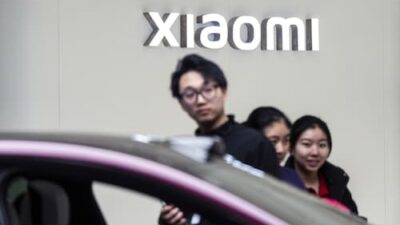He emphasized that India cannot depend on imported AI systems that do not represent the country’s context or values.
“The notion that we can simply create applications without focusing on large models is aiming too low,” Subramaniyan remarked, stressing the importance of cultivating capabilities from the ground up for India’s long-term digital landscape.
He argued that AI ethics must be aligned with local realities. By referencing a widely used open-source model trained on international datasets, he illustrated how it wrongly indicated that Chinese authorities were overseeing agriculture in Kashmir. “From the model’s perspective, the local authority in Kashmir is China,” he cautioned, highlighting the dangers of misaligned data sources and unchecked results. “Would you want a model that is not trained on the datasets you approve of and does not reflect the value systems important for educating your future generations?”
Subramaniyan also questioned the necessity of pursuing a solely ‘sovereign’ AI model, proposing instead a focus on developing “heritage models” — AI systems rooted in India’s cultural and linguistic contexts. “I prefer the term ‘heritage’ over ‘sovereign’ because, in my view, sovereignty is not exclusively an Indian concept. Everything is global, and the world belongs to everyone.”
He criticized the prevalent analogy that India should mimic ISRO’s low-cost approach in AI. “ISRO still succeeded in launching missions to Mars. They didn’t set their sights on the treetops,” he remarked, indicating that ambition and scale must not be compromised if India aims to lead in AI.
Despite the obstacles, he praised the Indian government’s ongoing efforts in AI and semiconductors, commending leaders like Ashwini Vaishnaw and Rajeev Chandrasekhar for their focused investment strategies. “The emphasis, the drive, and the relentless investment from the government are truly commendable.”
Watch the accompanying video for the full conversation.



